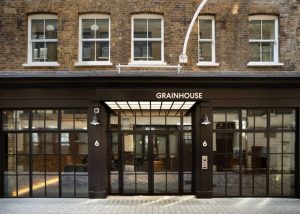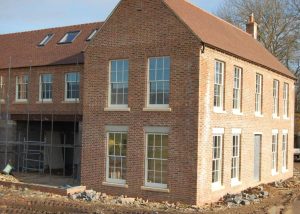Facts about Holt
General Info
Holt is a market town, civil parish and electoral ward in the English county of Norfolk. The town is 22.8 miles (36.7 km) north of the city of Norwich, 9.5 miles (15.3 km) west of Cromer and 35 miles (56 km) east of King’s Lynn. The town is on the route of the A148 King’s Lynn to Cromer road. The nearest railway station is in the town of Sheringham where access to the national rail network can be made via the Bittern Line to Norwich. Holt also has a railway station on the preserved North Norfolk Railway, the ‘Poppy Line’, of which it is the south-western terminus. The nearest airport is Norwich. The town has a population of 3,550, rising and including the ward to 3,810 at the 2011 census. Holt is within the area covered by North Norfolk District Council.
History
The most likely derivation of the name Holt is from an Anglo-Saxon word for woodland, and Holt is located on wooded high ground of the Cromer-Holt ridge at the crossing point of two ancient by-ways and as such was a natural point for a settlement to grow. The town has a mention in the great survey of 1086 known as the Domesday Book. In the survey it is described as a market town and a port with the nearby port of Cley next the Sea being described as Holt’s port. It also had five watermills and twelve plough teams and as such was seen as a busy thriving viable settlement. The first Lord of the Manor was Walter Giffard; it passed to Hugh, Earl of Chester, who then left it to the De Vaux family. By this time Holt had a well-established market and two annual fairs which were held on 25 April and 25 November. Over the years Holt grew as a local place of trade and commerce. The weekly market which had taken place since before the 1080s was stopped in the 1960s.
On 1 May 1708, Holt was devastated by a fire which destroyed most of the medieval town in three hours. The fire started at Shirehall Plain and quickly spread through the timber houses of the town. The church was also badly damaged with its thatched chancel destroyed, the lead melted from the windows and the flames spreading up the steeple. Contemporary reports stated that the fire spread so swiftly that the butchers did not have time to rescue their meat from their stalls on the market. The damage to the town was estimated to be in the region of £11,000. The town subsequently received many donations from all over the country to aid reconstruction.







